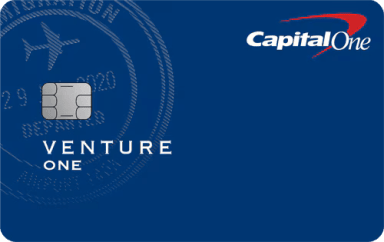Need a break from high-interest credit card debt? Balance transfer cards like the Wells Fargo Reflect® Card and the Citi® Simplicity® Card offer 0% APR periods on transfers, letting you consolidate and pay down balances without ongoing interest charges.
Compare introductory APR duration, balance transfer fees and credit score requirements to choose the right card. Our analysis of top balance transfer cards shows how the right transfer saves you hundreds or thousands in interest.













